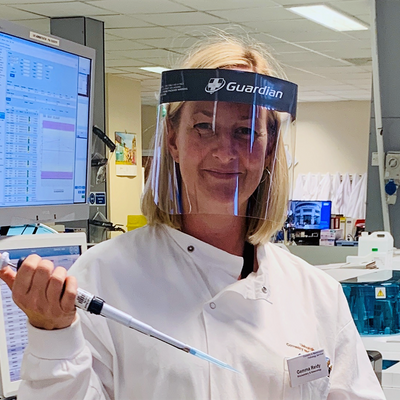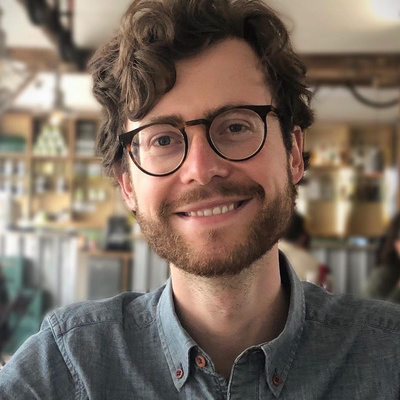Three innovative scientists have been awarded a total of £50k to develop rapid scientific research projects that improve the care of COVID-19 patients, thanks to the Association for Clinical Biochemistry and Laboratory Medicine’s (ACB) COVID-19 Scientific Scholarship supported by Abbott.
The scientists, based at university and NHS laboratories, will look at using biomedical tests and data to improve healthcare for COVID-19 patients by predicting severe health outcomes, and developing a saliva-based test in mild and asymptomatic people to create more reliable population level COVID-19 estimates.
As hospitals continue to admit people with COVID-19, there is an urgent need to improve patient care and outcomes, particularly through early identification of those at higher risk of complications. Therefore, all three projects will be completed within 12 months.
The ACB, with support from Abbott, developed the COVID-19 scientific scholarship programme in response the global pandemic and the recognition that high quality scientific research is vital to inform the best response and outcome of the COVID-19 pandemic. In awarding the scholarships, Alexandra Yates, ACB Director of Scientific Affairs said:
We are delighted to be funding three valuable research projects that demonstrate ACB’s commitment to patient-focused best practice in laboratory medicine. It is hoped results from the research will have a direct impact on evidence to inform public health policy as well as the care of patients with severe COVID-19 complications.
Gemma Reidy, ACB member and Clinical Biochemist, University Hospital Coventry & Warwickshire, was awarded £20,000 towards research looking at whether biomarkers linked to inflammation of blood vessels from COVID-19 patients can be used to check for an increased likelihood of complications such as thrombosis. These predictions can inform the type of care medics provide to the patient thereby improving patient outcomes.

“Being awarded the Scientific Scholarship was crucial for our research. Our aim is to investigate how severe complications associated with COVID-19 evolve in order to better identify and treat patients at risk of developing these complications. I feel privileged to be part of a team helping to improve the lives of patients in Coventry, Warwickshire and beyond.”
The ACB awarded £10,000 to Dr Joe Frost, ACB member and Postdoctoral Researcher with the Drakesmith group, MRC Human Immunology Unit, University of Oxford, to investigate whether combining measurements of inflammatory biomarkers and iron levels in the blood of COVID-19 patients could predict severe disease outcomes, including persistent anaemia. These predictions can inform the type of care medics provide to the patient thereby improving patient outcomes.

“I am grateful to the ACB for supporting our research exploring the role of iron in COVID-19. I am excited to evaluate the potential of iron as a clinical biomarker that could help personalise and improve the treatment patients with COVID-19 receive.”
A further £20,000 was awarded to Dr Adrian Shields, ACB member and Academic Clinical Lecturer in Immunology, Clinical Immunology Service, University of Birmingham, whose research project aims to look at how measuring the antibody response in the saliva of mild and asymptomatic people could contribute to better quality estimates of the level of COVID-19 within a population. Knowing the level of COVID-19 within a population guide public health policy during the pandemic. On winning the funds, Dr Shields said:

“I’m delighted that the ACB are supporting our work. We have already collected thousands of blood serum and saliva samples from hospital and community-based health care workers who have been at very high risk of exposure to the virus causing COVID-19. By measuring levels of the antibodies created to get rid of the virus in saliva samples and comparing them to blood serum samples, we hope to gain insight into immunity in the saliva against the virus and consider whether saliva can be used as an alternative to serum for determining the level of COVID-19 infection within a population. Our findings may have important implications for vaccine development and future epidemiological studies.”
Abbott has been at the forefront of developing new testing equipment for the COVID-19 virus. In supporting this scholarship, xxx said:
“QUOTE”
Public Health and NHS laboratories have been vital to the public health response to the COVID-19 pandemic. Many of the ACB’s members work in these laboratories to help prevent, diagnose and treat illness using their knowledge of science and their technical skills. The COVID-19 Scientific Scholarship programme builds on this expertise by financially supporting our scientists through research to improve care for COVID-19 patients and the quality of population level data on which to base public health decisions.
